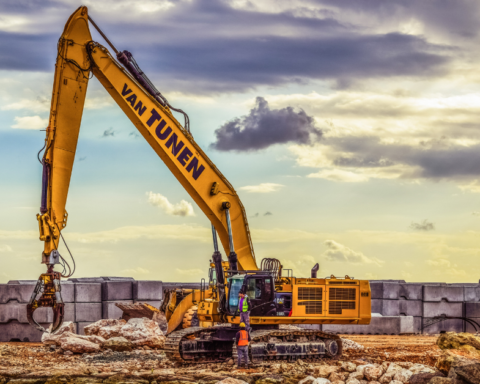In any industrial setting, the safe handling and transport of Hazardous Chemicals Courses are paramount concerns. Mishandling or improper transportation of these substances can lead to catastrophic accidents, posing significant risks to human health, the environment, and property. As part of a comprehensive Safety Officer Course, understanding and implementing best practices for the safe handling and transportation of hazardous chemicals are essential skills. In Pakistan, where industrial growth is on the rise, a Safety Course emphasizing these aspects is indispensable.
Understanding Hazardous Chemicals
Identifying Hazard Classes and Categories
Before delving into safe handling and transport procedures, it’s crucial to understand the classification system for hazardous chemicals. Chemicals are categorized based on their physical, health, and environmental hazards. The Hazardous Chemicals Courses covers in-depth knowledge of these classifications, including:
- Flammable Liquids
- Corrosive Substances
- Toxic Gases
- Reactive Chemicals
Risk Assessment and Management
Assessing the risks associated with handling and transporting hazardous chemicals is a fundamental aspect of safety training. Safety Courses in Pakistan focus on conducting thorough risk assessments, identifying potential hazards, and implementing effective risk management strategies to mitigate these risks.
Safe Handling Practices & Hazardous Chemicals Courses
1. Personal Protective Equipment (PPE)
The Safety Officer Course emphasizes the importance of wearing appropriate PPE when handling hazardous chemicals. This includes protective clothing, gloves, goggles, and respirators, depending on the nature of the chemicals involved. Proper selection, use, and maintenance of PPE are thoroughly covered in the course curriculum.
2. Chemical Storage and Segregation
Proper storage and segregation of hazardous chemicals play a critical role in preventing accidents. Safety Course in Pakistan teach students about suitable storage conditions, compatibility of chemicals, and the importance of segregating incompatible substances to avoid reactions.
3. Emergency Response Procedures
Being prepared for emergencies is essential when dealing with hazardous chemicals. Safety Officer Courses provide training on developing emergency response plans, conducting drills, and effectively responding to incidents such as spills, leaks, or fires involving hazardous substances.
Transportation Safety
1. Regulatory Compliance
Transporting hazardous chemicals involves adherence to strict regulatory standards. Safety Officer Course familiarize students with national and international regulations governing the transportation of hazardous materials, such as the Hazardous Materials Transportation Act in Pakistan.
2. Proper Packaging and Labeling
Proper packaging and labeling of hazardous chemicals are critical to ensure safe transportation. Safety Course in Pakistan emphasize compliance with packaging requirements and the correct labeling of containers to provide essential information about the contents and associated hazards.
3. Vehicle Inspection and Maintenance
Ensuring the safety of transport vehicles is vital in preventing accidents during transit. Safety Officer Courses include training on conducting thorough vehicle inspections, identifying potential hazards, and maintaining transport vehicles to meet safety standards.
Conclusion
In conclusion, the Safe Handling and Transport of Hazardous Chemicals is a vital component of the Safety Officer Course, particularly in the context of industrial operations in Pakistan. By equipping safety professionals with the knowledge and skills necessary to identify hazards, assess risks, and implement appropriate safety measures, these courses play a crucial role in ensuring the well-being of workers, protecting the environment, and minimizing the risk of accidents. As industrial activities continue to grow, the importance of comprehensive safety training cannot be overstated, making Safety Course in Pakistan indispensable for promoting a culture of safety and preventing chemical-related incidents.

















